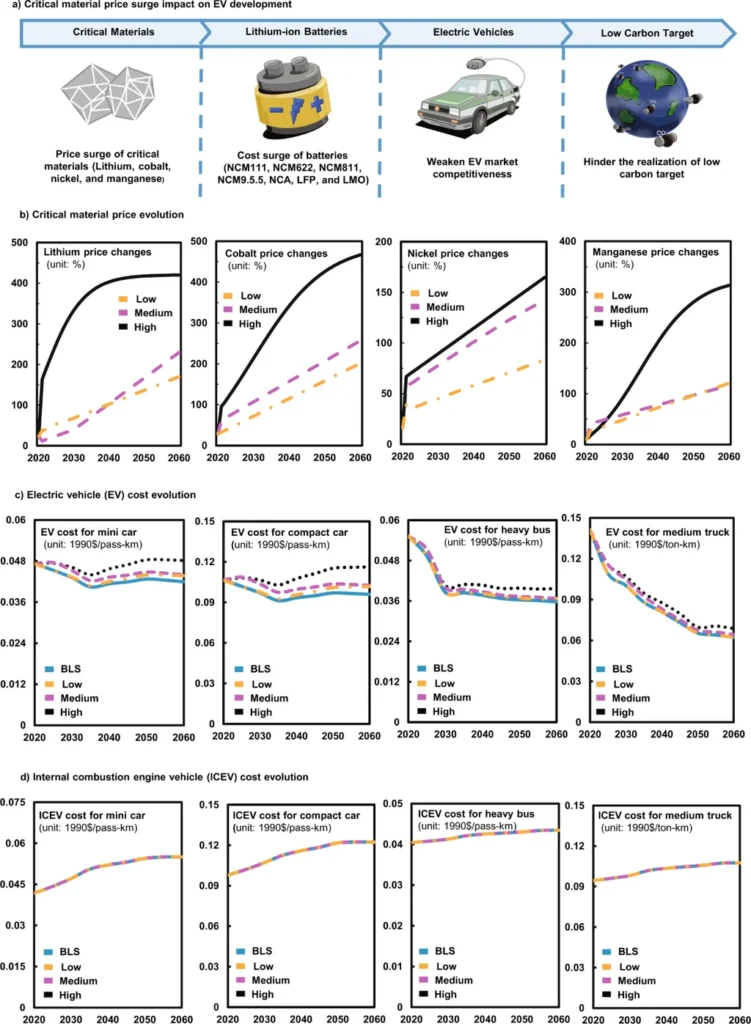In the rapidly evolving world of electric vehicles (EVs), the heart of the matter—quite literally—lies in the power batteries that drive them. Yet, the life and safety of these batteries have long been a thorn in the side of the EV industry. Enter Qi Zhang, a researcher from the School of Control Science and Engineering at Shandong University in China, who has just published a critical review in the journal *Energies* that could steer the future of battery management systems (BMS) and, by extension, the EV industry itself.
Zhang’s review, titled “A Critical Review of the State Estimation Methods of Power Batteries for Electric Vehicles,” dives deep into the current state of research on multi-state estimation of power batteries. This includes the estimation of state of charge (SOC), state of energy (SOE), state of health (SOH), state of power (SOP), state of temperature (SOT), and state of safety (SOS). In simpler terms, it’s about understanding and predicting the various states of a battery to ensure it operates safely and efficiently.
“The purpose of this review is to analyze the current status of research on multi-state estimation of power batteries,” Zhang explains. “It also analyzes and prospects the research hotspots, development trends, and future challenges of battery state estimation.” This is no small feat, as accurate state estimation is crucial for designing intelligent BMSs, which are the brains behind the safe and efficient operation of EVs.
So, why does this matter for the energy sector? Well, imagine a world where EVs are as common as gas-powered cars today. The demand for power batteries would skyrocket, and so would the need for efficient and safe battery management. Zhang’s research could be the key to unlocking this potential. By providing a comprehensive overview of the current state of battery state estimation, it paves the way for future developments in the field.
Moreover, the review highlights the research hotspots and future challenges, giving researchers and industry professionals a roadmap for future work. As Zhang puts it, “It is a significant guide for designing BMSs for EVs, as well as for achieving intelligent safety management and efficient power battery use.”
In the grand scheme of things, this research could have a profound impact on the energy sector. By improving the safety and efficiency of power batteries, it could accelerate the adoption of EVs, reducing our dependence on fossil fuels and mitigating the impacts of climate change. It’s a win-win situation, and it all starts with a better understanding of battery state estimation.
As the EV industry continues to grow and evolve, so too will the need for advanced battery management systems. Zhang’s research is a significant step in this direction, providing valuable insights and guidance for the future. It’s a testament to the power of scientific inquiry and its potential to shape the world of tomorrow.

